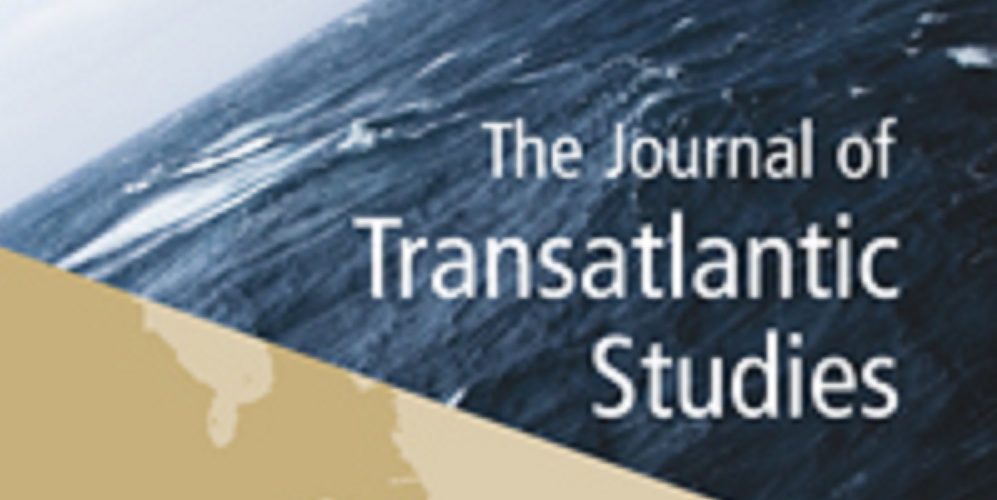Patricia Garcia-Duran and Leif Johan Eliasson have recently published an article in the Journal of Transatlantic Studies titled ‘TTIP negotiations: interest groups, anti-TTIP civil society campaigns and public opinion’. They discuss the role played by domestic opinion in both sides of the Atlantic on the TTIP negotiations.
Abstract: The Transatlantic Trade and Investment Partnership (TTIP) was intended to create jobs and boost the economies on both sides of the Atlantic. However, constituency support was difficult to garnish, and negotiations were frozen in late 2016, leaving their conclusion in doubt. What led to this stage? Why has an agreement been elusive? Using an array of indicators this paper argues that a major reason was the extensive and professionally structured public mobilisation campaign conducted by European civil society organisations. This shifted public opinion across Europe, which in turn impacted policy. Our research contributes to the literatures on trade, lobbying, and transatlantic relations, with relevance beyond TTIP. The paper discusses how generalised and diffused interests and public opinion are impacting an area of public policy (trade) traditionally influenced predominantly by lobbying from narrowly focused interests.

